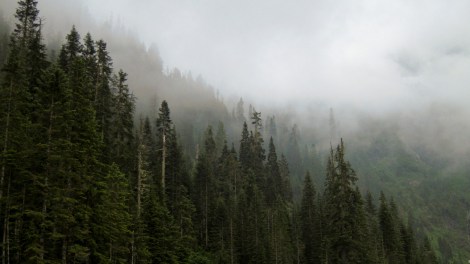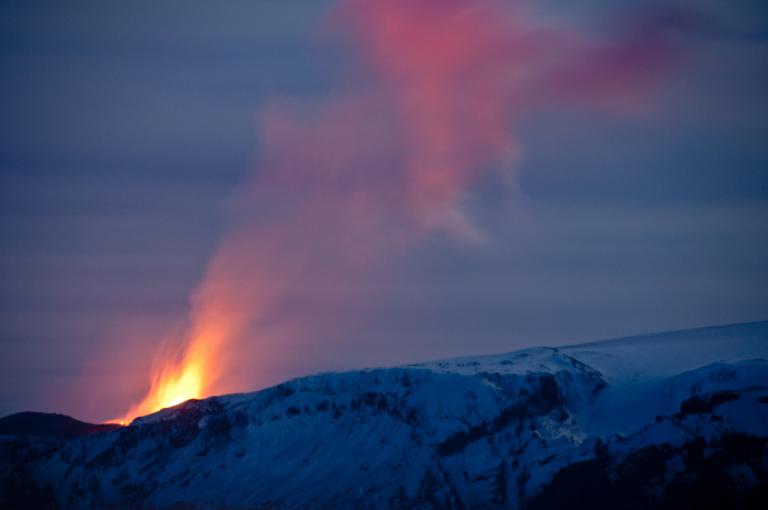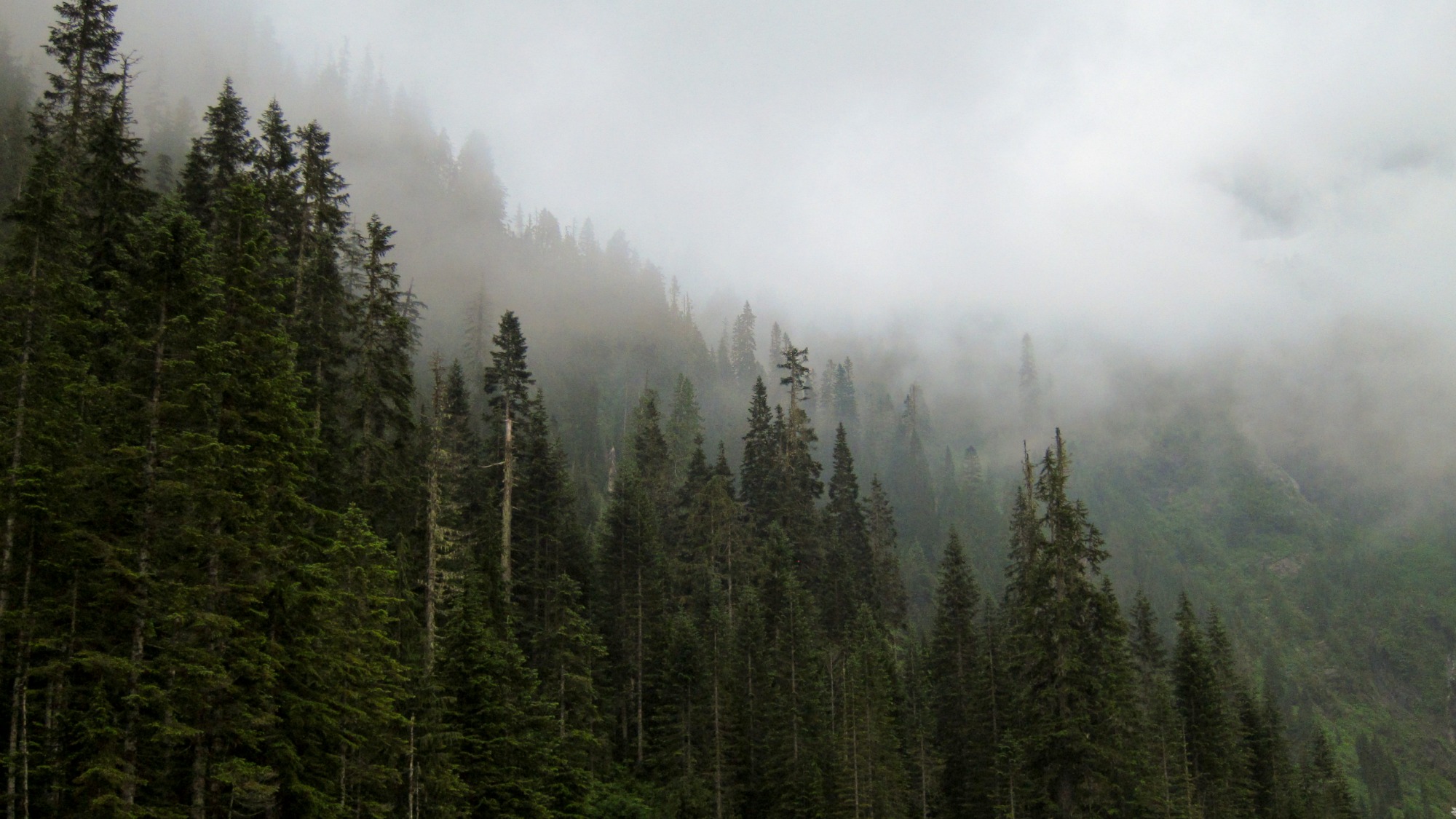
Miguel VieiraThe pipeline would be built through British Columbian forests like these.
A key Canadian ruling Thursday could eventually lead to sticky tar-sands oil being shipped west via a new pipeline laid through spectacular forests and pristine streams.
Enbridge Inc. got a positive recommendation from a national review panel for its proposed $US6.1 billion Northern Gateway pipeline project, which would carry oil 730 miles from the tar sands of Alberta to a new terminal on the west coast of Canada, where it would be loaded onto about 220 ships a year, primarily bound for Asia. About a third of pipeline project would cross as-yet undisturbed land, and the oil-laden ships would travel through prime fishing areas.
But it’s not a done deal yet. The federal government now has 180 days in which to make a final decision, and opposition in British Columbia and from First Nations (aka Native) groups could still trip up the process.
On Thursday, after a decade of planning by Calgary-based Enbridge, lengthy hearings, testimony from more than 1,000 people in opposition, and technical evidence presented by experts and lawyers, the National Energy Board-led panel said the project could go ahead if Enbridge met 209 conditions.
Those conditions include Enbridge carrying $950 million in spill insurance coverage, putting in place a plan to offset losses in Caribou habitat and putting into effect its promised enhanced tanker safety plan. That plan includes the use of escort tugs, a new advanced radar system, and an increased spill-response system.
The panel said they concluded the project would be in the public interest.
Thursday’s announcement did not go down well in British Columbia. From the Canadian Press:
B.C. Environment Minister Mary Polak said the province wants to assess whether the panel’s report addresses five conditions B.C. has set out before it will support the pipeline.
“We are not yet in a position to consider support for any heavy oil pipeline in B.C.”
The pipeline faced an uphill battle in B.C. where the environmental movement was bolstered by a decades-old “War in the Woods” against old-growth logging.
Enbridge and the oilpatch drastically underestimated the power of Green Corp., the older, wiser and better-funded modern version of the tie-dyed denizens who were arrested trying to save trees in the 1990s. Flush with cash from green philanthropists largely from south of the border, groups such as Forest Ethics Advocacy, the Dogwood Initiative and Rising Tides mounted a relentless campaign in Canada and abroad.
But perhaps the toughest hurdle for the project has been the simmering tension between B.C. First Nations and the federal government.
Here’s more on that simmering tension from the Aboriginal Peoples Television Network:
A showdown with Indigenous people in the region looms if the federal government gives final approval for the project.
The pipeline is facing some opposition from First Nations in British Columbia. So far, about 130 First Nations have signed a declaration in opposition to the pipeline.
“This project will never be built,” said Nadleh Whut’en First Nation Chief Martin Louie, who was speaking for the Yinka Dene Alliance. “We have drawn a line in the earth they cannot, and will not, cross.”
Enbridge, however, has signed about 36 separate protocol agreements with individual First Nations.
A camp, led by the Unist’ot’en clan of the Wet’suwet’en people, has dug in for several years on the Northern Gateway’s proposed pipeline route about 1,000 kilometres north of Vancouver. The camp issued a statement to APTN National News Thursday pledging to stop the pipeline’s construction through their territory.
“The NEB decision of ‘yes’ does not matter to us…we will continue to say ‘no’ without compromise,” said the statement. “They do not have jurisdiction or decision making power over Unist’ot’en territory. We will not remove our gateway.”
If constructed, Northern Gateway could provide an alternative to Keystone XL, which, as you might have heard, has not thus far been approved by the U.S. government. Both projects have powerful supporters and passionate opponents, so whether they’ll get built is anyone’s guess.





